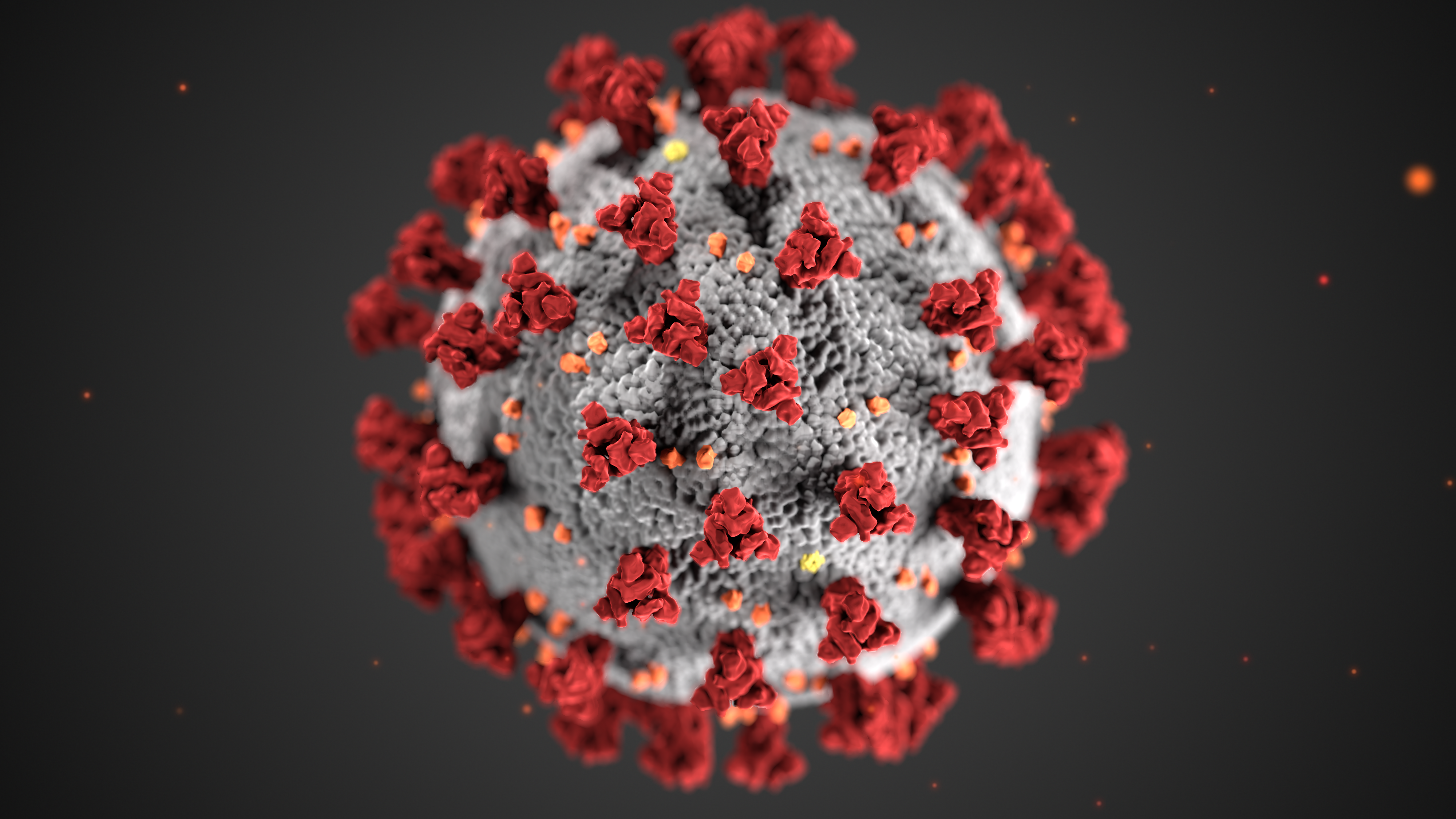This article was last updated August 2021
As America’s biopharmaceutical companies work around the clock to research and develop vaccines and treatments to help fight COVID-19, scientists have discovered certain medicines that can help reduce the length and severity of a coronavirus infection. Known as “monoclonal antibodies,” a number of these treatments have received emergency use authorizations (EUAs) from the U.S. Food and Drug Administration (FDA) for the treatment of COVID-19.
Monoclonal antibodies have been around for decades and continue to play a central role in advancing our ability to treat against a range of chronic diseases, including cancer and auto-immune conditions. By building on vast stores of knowledge and information about how these treatments interact with the immune system and can be used to counteract disease, America’s biopharmaceutical researchers have been able to rapidly hone in on and develop monoclonal antibodies that are targeted treatments against the coronavirus.



